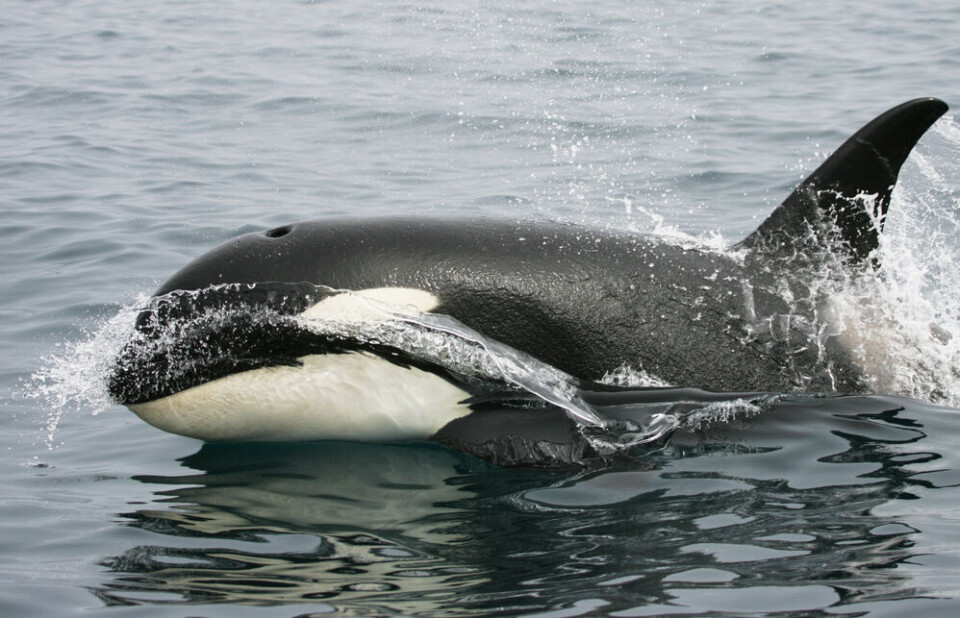-
Restaurant tips by card triple in France as digital terminals spread
Customers have complained of feeling pressured to leave money
-
Exotic ‘lipsticked’ song bird spreads through south-west France
Sightings and hearings of the Rossignol du Japon have caused a Facebook sensation, especially in and around the Pyrenees
-
France public transport fares should double, claims report to Transport Ministry
French passenger fares currently cover less than a fifth of the total service cost
Skeleton of orca that died in the Seine to enter Paris museum
The animal’s bones will be cleaned and inventoried and become part of Le Muséum national d'Histoire naturelle, which has one of the world’s largest collections

The skeleton of the orca that was found dead after it became stuck and sick in the Seine river is set to become part of the sea mammals collection at the Paris natural history museum.
The skeleton will be cleaned and inventoried, with each of its bones numbered and catalogued, before being treated and placed in the sea mammals collection in the Paris museum. It will be the first full skeleton of the Orcinus orca species in the collection.
The move was announced in a press release. Le Muséum national d'Histoire naturelle (MNHN) said: “This is a rare and precious occasion.”
The killer whale was found dead on May 30 by the NGO Sea Shepherd, and an autopsy was completed the next day in the presence of experts.
Sea Shepherd France found the orca dead in the morning and stayed with it to ensure it was not damaged by a passing ship. Experts later recovered the whale’s body from the water.
Read more:Sick orca whale trapped in the Seine found dead
Specialist organisations had previously attempted to reach the whale without adding to its distress and had initially aimed to direct it back to the ocean from the Seine. However, the whale was found to be ill and did not respond well to attempts to move or save it.
Nous avons malheureusement retrouvé le cadavre de l'orque ce matin à 11h48. Nous sommes actuellement avec elle pour empêcher que son corps ne soit percuté par un navire, ce qui compromettrait l'autopsie. Nous attendons l'équipe mobilisée par l’État pour la récupérer. pic.twitter.com/kHunMaxGyt
— Sea Shepherd France (@SeaShepherdFran) May 30, 2022
Before it was found dead, authorities at the prefectures of Normandy and Seine-Maritime had already decided to euthanise it in order to "put an end to its suffering” and “to carry out in-depth analyses of the pathology".
The MNHN in Paris has one of the largest and most significant naturalist collections in the world. It now includes 67 million specimens of animals, vegetables, and minerals, and has been collecting them for more than 400 years.
Related articles
Sea life organisations question handling of orca that died in Seine
Video: Orca whale seen in Seine river but authorities cannot intervene
Efforts underway to guide Orca whale in Seine river to sea using sound
























